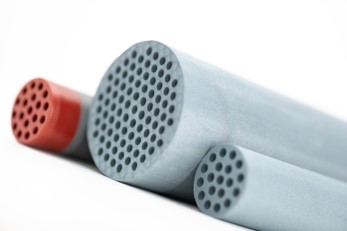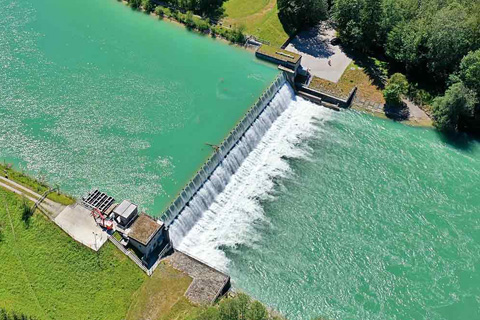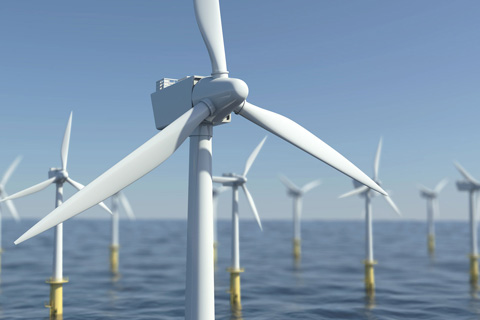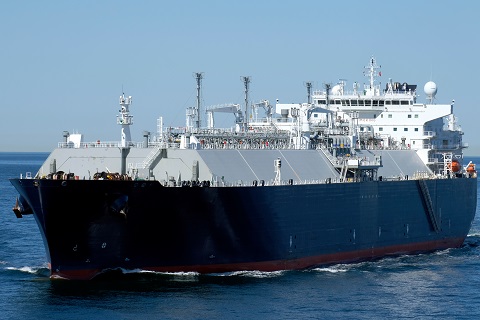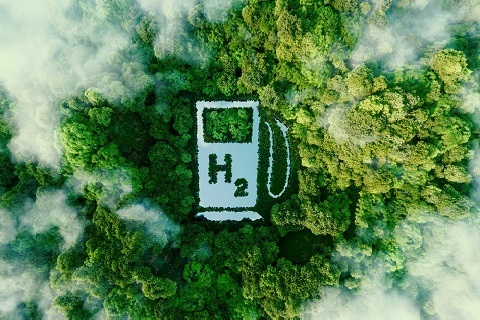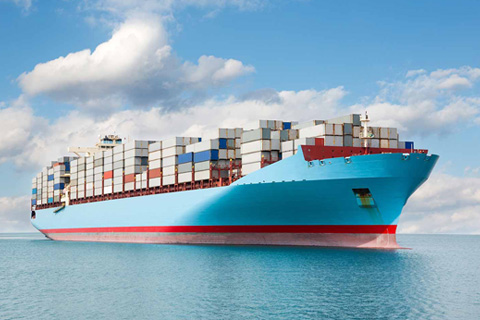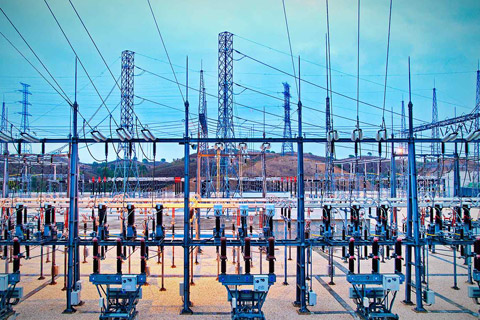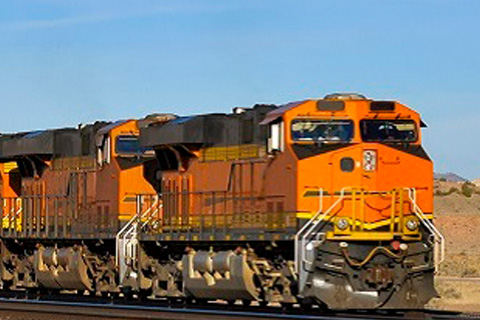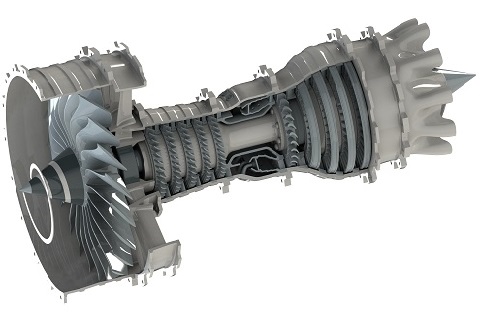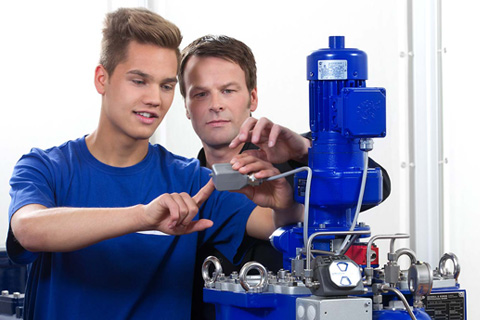Bollfilter
- Filters
- Automatic Backwash Filter
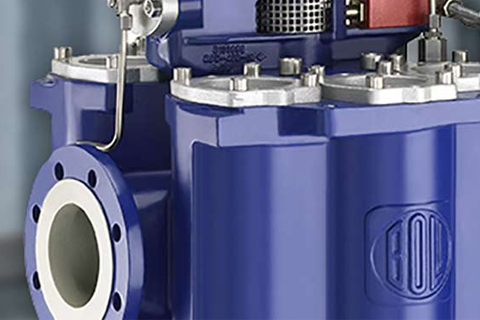 BOLL & KIRCH
BOLL & KIRCH - Duplex Filter
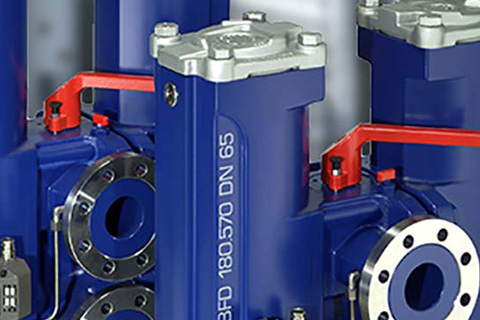 BOLL & KIRCH
BOLL & KIRCH - Simplex Filter
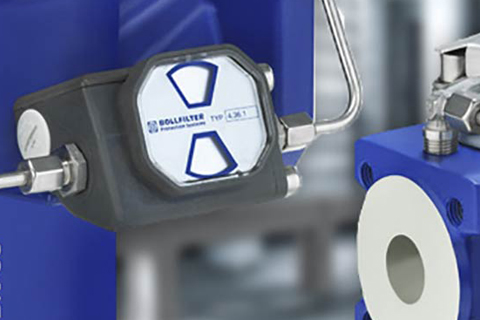 BOLL & KIRCH
BOLL & KIRCH - Fine Filter Unit
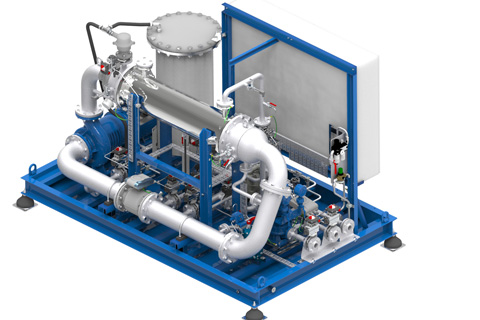
- Automatic Backwash Filter
- Membranes
- Applications
- Renewable Energy
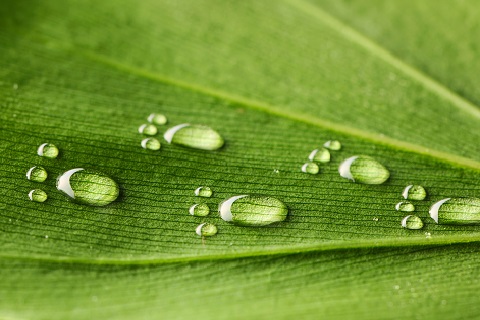
- Protection of Water Systems
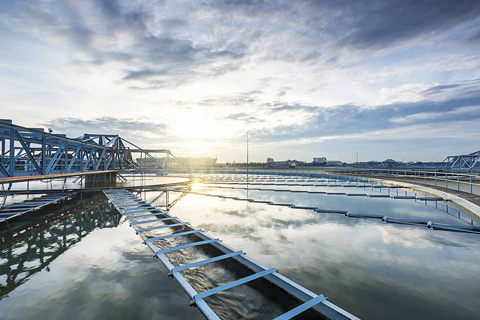 shutterstock
shutterstock- Exhaust Gas Recirculation (EGR)

- Ballast Water Management Systems
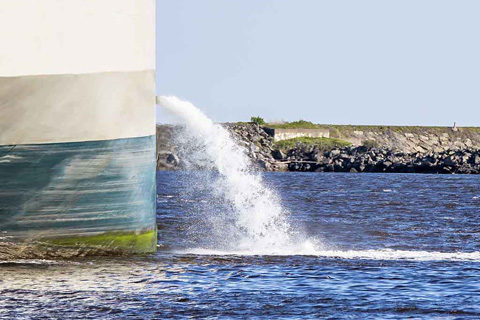 Adobe Stock
Adobe Stock - Exhaust Gas Cleaning Systems
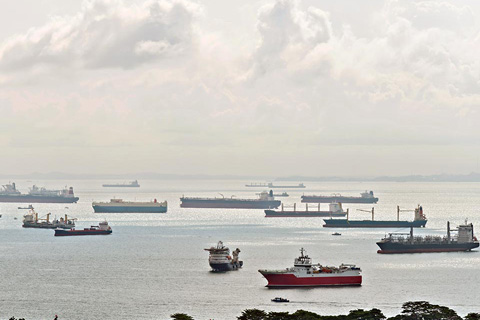 iStock
iStock - Offshore Water Injection Systems
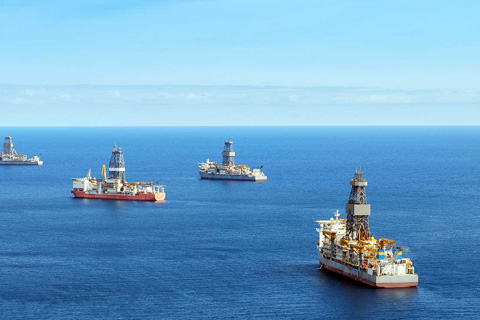 shutterstock
shutterstock - Floating Storage and Regasification Units (FSRU)
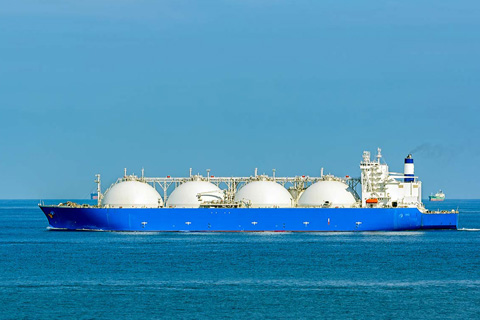 shutterstock
shutterstock - UV Systems in Wellboats
 shutterstock
shutterstock - Sewage Treatment Plants
 shutterstock
shutterstock - Potable Water Plants
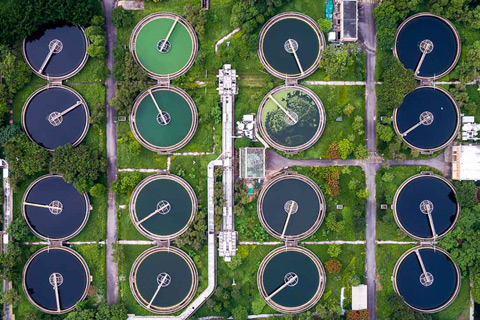 Getty Images
Getty Images - Irrigation Systems in Agriculture
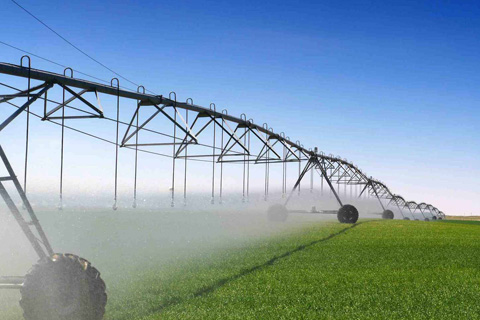 Fotolia
Fotolia - Irrigation Systems in Vertical Farming
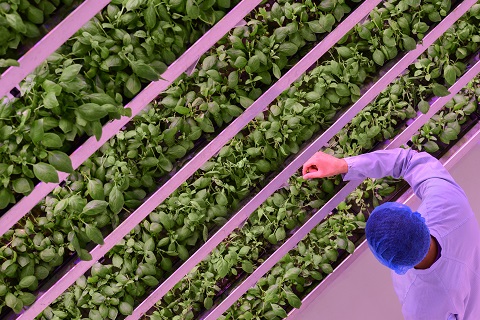
- Steam Turbines
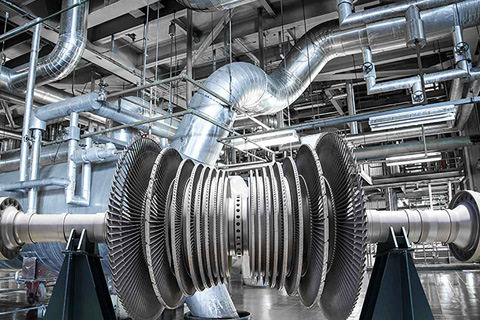 shutterstock
shutterstock - Snow Machines
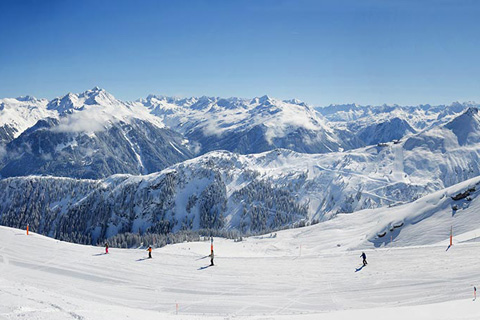 Fotolia
Fotolia - Desalination Process
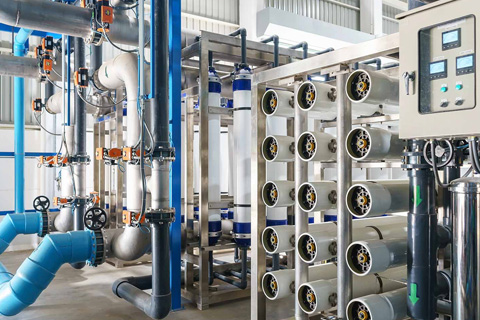
- Heating Ventilation Air-Conditioning Systems (HVAC
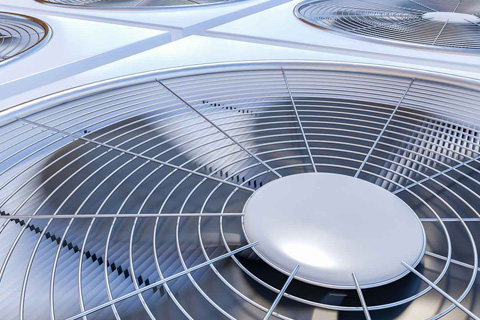 shutterstock
shutterstock - Steel works
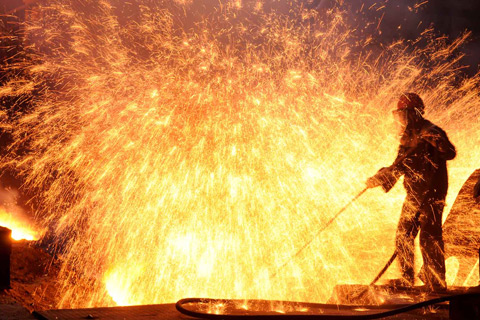 Getty Images
Getty Images - Pulp and Paper
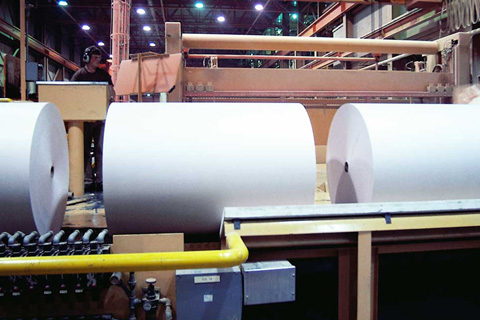
- Exhaust Gas Recirculation (EGR)
- Protection of Engines
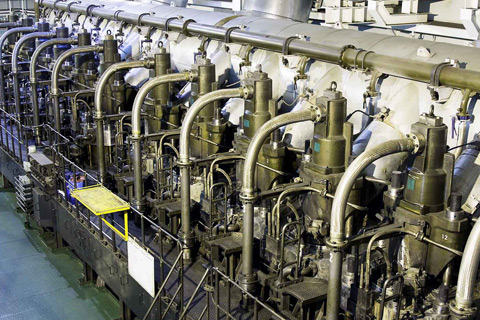
- Protection of Compressors and Turbines
- Protection of Machining & Cleaning Systems
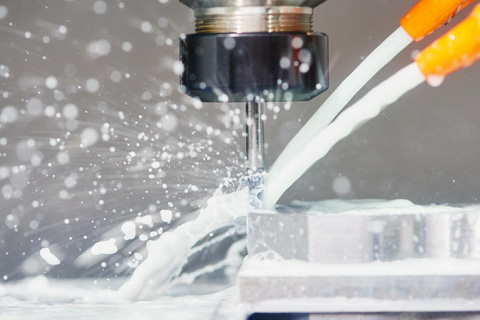 shutterstock
shutterstock- Bottle Washing machines
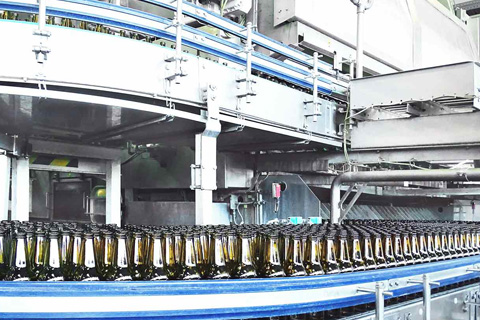
- Crate Washers
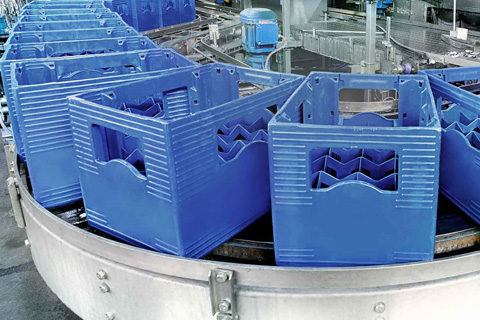
- Tunnel Pasteurisers
 Getty Images
Getty Images - Part Washers
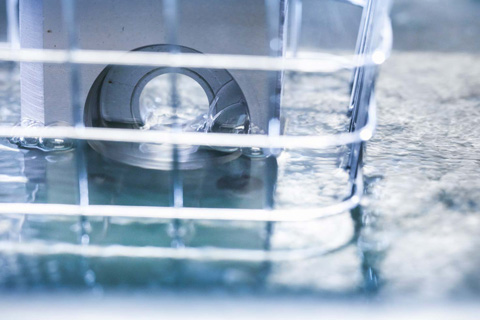 Getty Images
Getty Images - Machine Tools
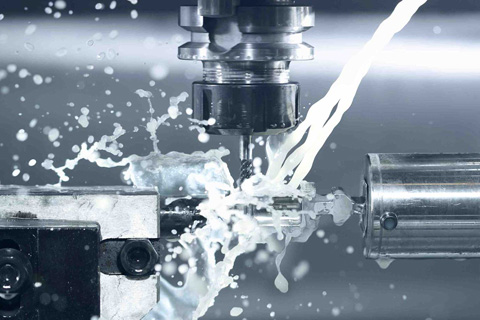 Fotolia
Fotolia - Boiler Feed Water Pump in Power Plants
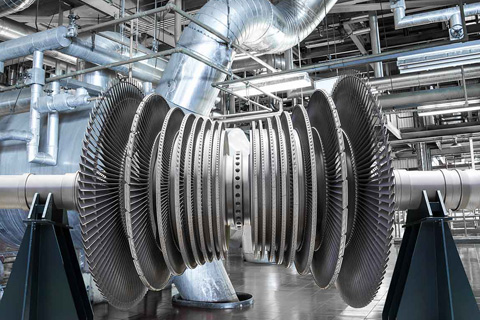 shutterstock
shutterstock - Heat Treatment
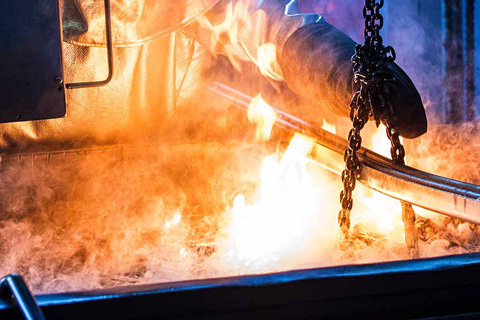 shutterstock
shutterstock - Pelletizing Plants
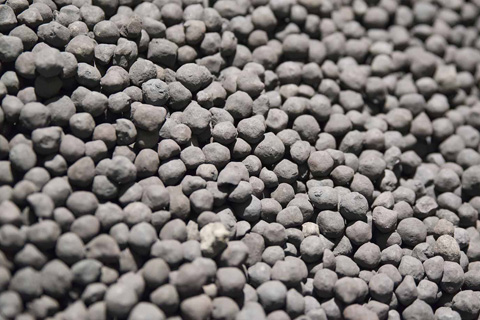 shutterstock
shutterstock
- Bottle Washing machines
- Renewable Energy
- Service
- Commissioning
- Maintenance
- Spare Parts
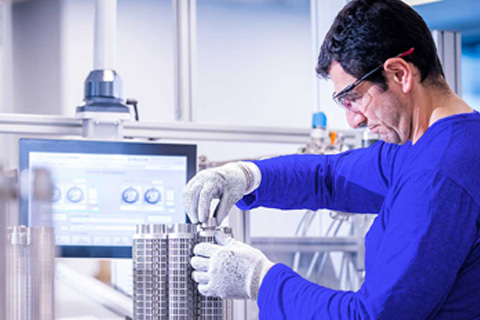 BOLL & KIRCH
BOLL & KIRCH- Filter Elements
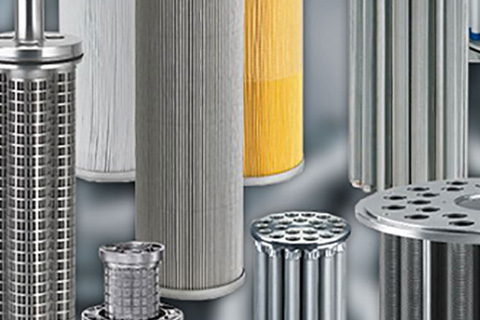 BOLL & KIRCH
BOLL & KIRCH - Component Parts
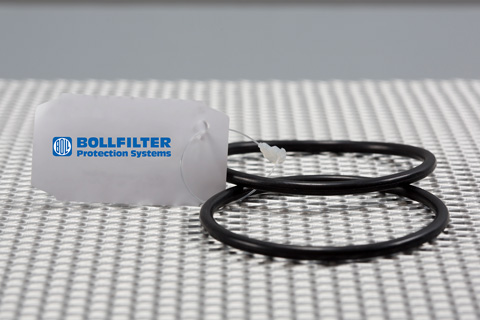 BOLL & KIRCH
BOLL & KIRCH - Cleaning Industrial Filters
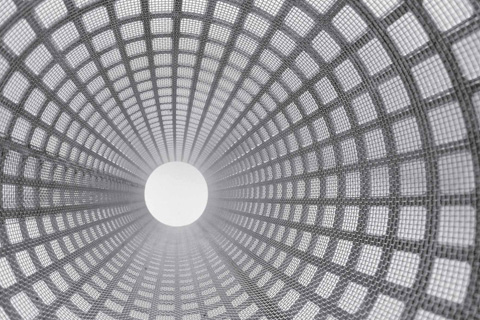
- Filter Elements
- Company
- Career
- Corporate philosophy
 Adobe Stock
Adobe Stock - Corporate Responsibility
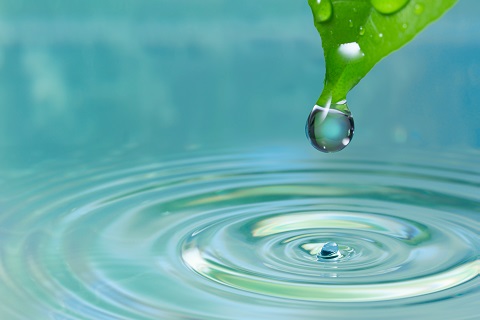
- Research & Development
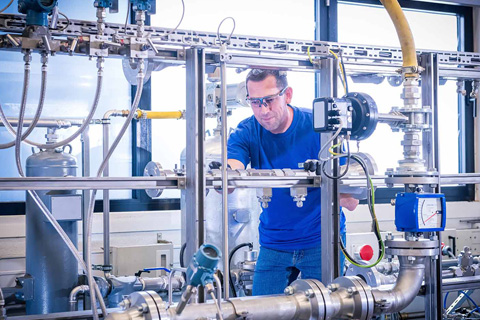 BOLL & KIRCH
BOLL & KIRCH - Quality Management
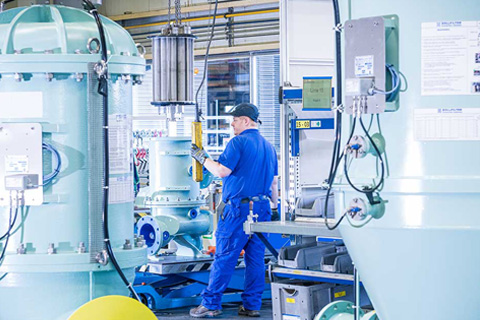 BOLL & KIRCH
BOLL & KIRCH - References
- History
- Contacts
- Information
Suche anzeigen
x
